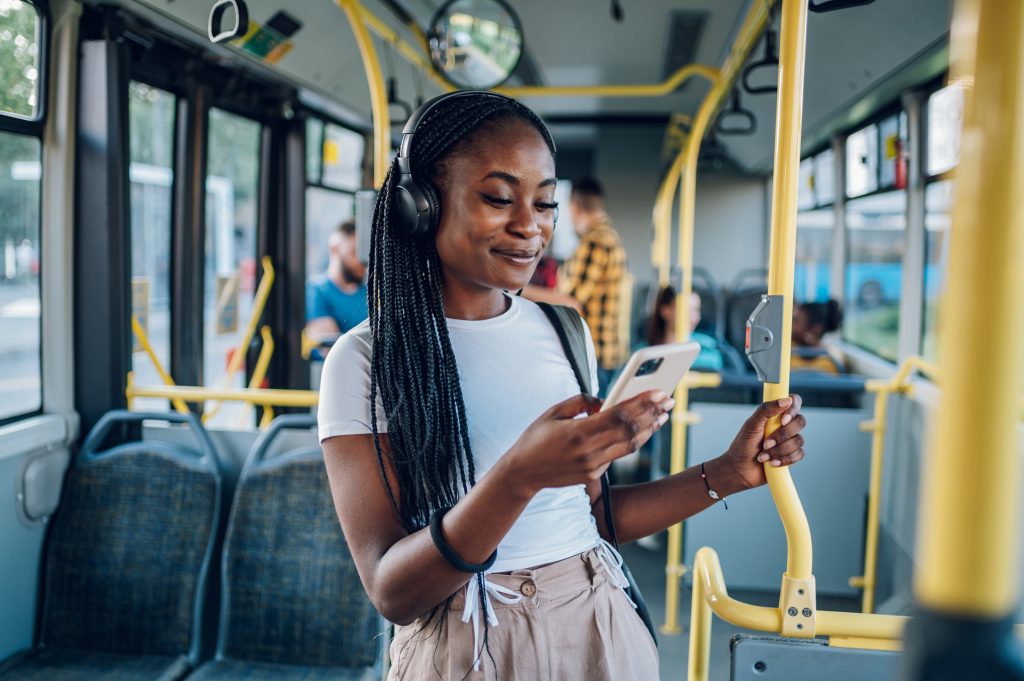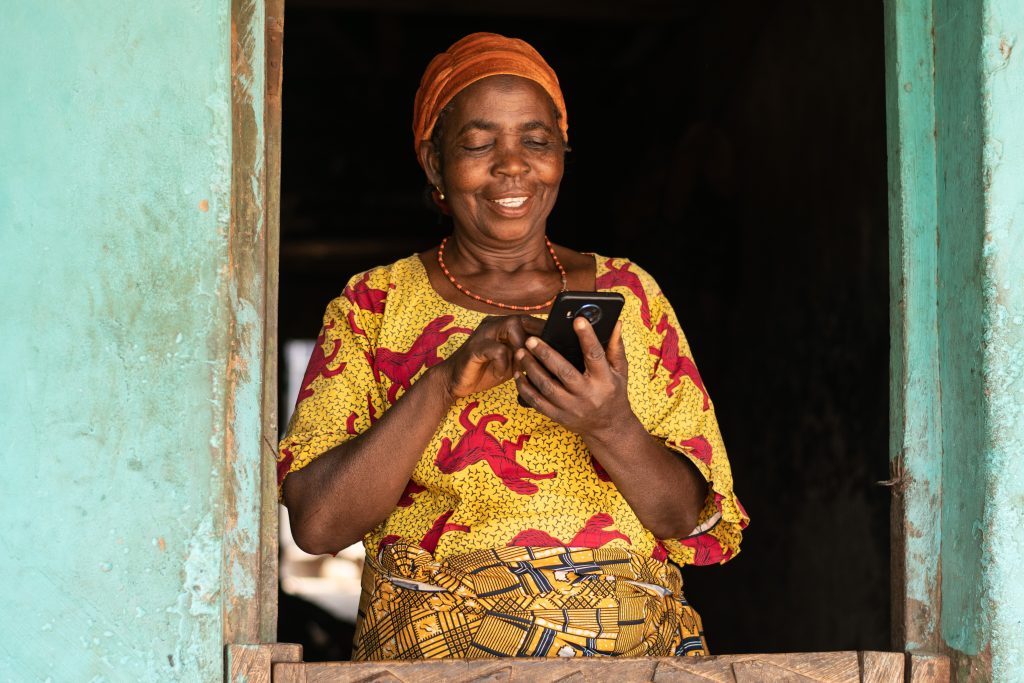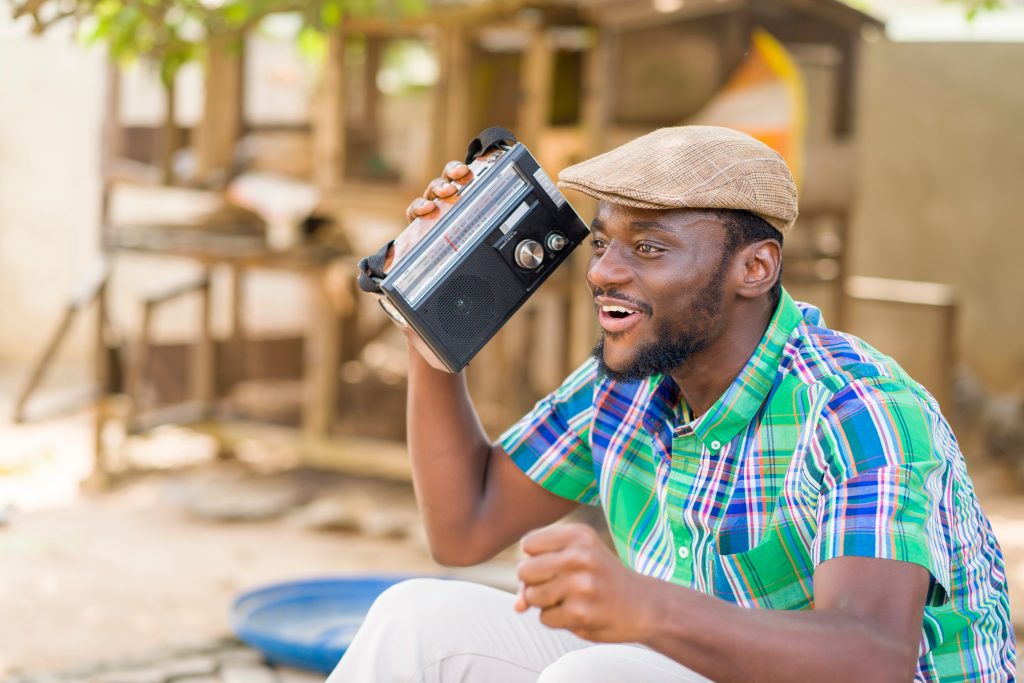
Women’s Economic Empowerment in Business: The Impact of Radio and TV Shows
Table of Contents
- Introduction
- What is Driving the Gender Income Gap in Sub-Saharan Africa
- Empowering Women Economically: Leveraging Media as a Tool for Success
- Empowering Gender-Responsive Content: WIN’s Initiative to Create Sustainable Revenue Streams for Media Programs
- Why Promoting Gender-Responsive Programming Helps Businesses
- The Positive Impacts of Gender-Responsive Programming
Discover the importance of media representation, media literacy, and gender stereotypes in shaping the impact of media on women.

In the past few years, the radio industry has managed to keep its hold on listeners. In 2018, almost 3 billion people worldwide listened to radio weekly. In this way, we can see the medium’s potential reach. This potential makes one wonder what might happen if all 3 billion of those listeners were exposed to programming that supports a truly noble cause.
While the numbers of listeners of a “radionovela” developed as part of a TechnoServe program to promote women’s economic empowerment, aren’t in the billions (yet), this program is being used as a powerful force for changing minds and spreading knowledge. The radio drama broadcast in four languages throughout the southern African country represents the very real challenges women entrepreneurs around the world face every day. It is one of the tools TechnoServe is using to give women more confidence and business skills, and make men more supportive of the women in their lives interested in entrepreneurship.
What is Driving the Gender Income Gap in Sub-Saharan Africa
In a November 2021 survey conducted by TechnoServe in Mozambique by the Women In Business (WIN) program, 45% of male and 29% of female respondents agreed with the view that women are not capable of running businesses while also managing the household and children. In addition, 28% of respondents–men and women–believe that women should be at home and not run businesses, and 54% believe that there are certain businesses or activities that women cannot do.
These attitudes present a subtle–but substantial–challenge to women working to earn their own incomes.
Women farmers and entrepreneurs face a number of obstacles to entering profitable sectors and increasing their earnings within the sectors in which they do work, including time constraints due to family responsibilities, limited access to financial services, and a lack of autonomy and control over their income and assets. Societal gender norms and beliefs often negatively influence attitudes toward women’s entrepreneurship and financial independence, making it more challenging to address these obstacles.
All of this results in a substantial gender income gap in Sub-Saharan Africa: according to the World Bank, the median monthly income of men is more than twice that of women.
Women are both more likely to work in low-income sectors and to earn less than men within the same sector. For example, 79% of Mozambican women primarily work in the informal sector, especially in agriculture, where earnings are typically low. Almost half of informal businesses are majority-owned by women while less than a quarter of formal enterprises are. But even among larger, formal small to medium-sized enterprises, the gender gap in monthly profits in Mozambique is around 16%.
To help change this situation, it’s important to change attitudes. That’s where a creative, media-based approach can be a surprising tool for achieving progress for women’s economic empowerment. In a new case study, the Women In Business (WIN) program, implemented by TechnoServe and funded by the Embassy of Sweden in Mozambique, highlights how developing and distributing media products with inclusive messaging can be powerful tools for creating social and economic change among audiences. These products–like radio and TV shows, and Interactive Voice Response (IVR) programs – can also enable the private sector to reach untapped portions of the population and expand market opportunities.
Empowering Women Economically: Leveraging Media as a Tool for Success

To help change attitudes around women’s entrepreneurship and increase the incomes of women business owners, TechnoServe partnered with a range of media actors to co-create content for women entrepreneurs. TechnoServe then evaluated, suggested, and co-invested in pilots, tracked the impact on audiences, and supported partners in developing new funding mechanisms.
One example is TechnoServe’s partnership with Anima–a Mozambican creative content production, communication, and social development company–to launch a radio soap opera called Janete that aimed to enhance women’s business skills using storytelling about a successful entrepreneur.
The radio drama is broadcast in four languages throughout Mozambique. Developed as part of a TechnoServe program to promote women’s economic empowerment, this “radionovela” represents the very real challenges women entrepreneurs around the world face every day.
Janete was created to entertain and reinforce key themes around entrepreneurship, women’s economic empowerment, and gender norms to an audience of over 200,000 micro-entrepreneurs, 40,000 of whom were women. The show’s audience was predominantly male, young (15-24 years old), and concentrated in North Mozambique through community radios. Although the show had a predominantly male audience, 24% of women reached via Radio Janete adopted new business practices and 7% reported improved sales due to these new practices.
Janete’s extraordinary success evolved into a sponsored social media platform promoting good business practices with a gender lens. For Anima, the partnership with TechnoServe transformed the intervention into an actual business model by capturing increased donor funding from international development agencies for the radio soap opera and product placement funding from M-Pesa, a mobile phone-based money transfer service, for its social media offering.
Empowering Gender-Responsive Content: WIN’s Initiative to Create Sustainable Revenue Streams for Media Programs

Additionally, TechnoServe worked with TV Sucesso–a Maputo-based TV channel–to co-design and produce a weekly segment called Clínica de Negócios (Business Clinic) on a popular TV show. The segment is designed to improve the business savviness of women by presenting female micro-entrepreneurs and business professionals as speakers to provide information on topics like inventory management, savings strategies, financing options, separating business and personal finances, and more.
Clínica de Negócios was able to reach over 382,000 people, with nearly 60% of the audience being women. The success of the segment was due to the innovative approach used to create the content, which involved identifying and catering to the specific interests of women while going beyond common gender stereotypes.
As a result of watching the weekly segment, 42% of women reported increased sales over the last three months. This highlights the positive impact that television programming can have on social change and the importance of creating content that is tailored to the needs of specific audiences.
Why Promoting Gender-Responsive Programming Helps Businesses

To be sustained, gender-responsive content needs to make commercial sense for media companies and their advertisers. One of the goals of TechnoServe’s media initiative was to work with partners to create content that would generate continuous revenue streams to allow the media programs to confidently develop new iterations. TechnoServe built the business case for these interventions, which included the following:
- The opportunity to diversify the audiences for media programs and help advertisers reach new markets
- The ability to generate more targeted and relevant content that challenges typical gender stereotypes to increase audience retention and engagement
- The creation of opportunities for product placement leveraging women’s purchasing power
- Enabling mixed funding mechanisms involving private sector companies and nonprofits
The goal is that these benefits will entice media companies and their advertisers to continue investing in gender-responsive programming.
The Positive Impacts of Gender-Responsive Programming

Across its media activities, more than 962,000 entrepreneurs and over 450,000 women micro-entrepreneurs (and potential micro-entrepreneurs) listened to or saw at least one program. TechnoServe was able to provide them with access to relevant information on business best practices, financial management, and gender norms.
TechnoServe then followed up to see how effective these interventions actually were. Through nationwide studies, TechnoServe measured the effectiveness of media programs on women’s business practices, sales, social perceptions and more by:
- Conducting nationwide baseline, midline and endline surveys; and adding impact questions to track audience and impact of the shows over time
- Tracking opinions and metrics of those who watched/listened to the programs (exposed audience) and those who did not (unexposed audience)
- Reporting income impact only when it was higher than the baseline and “control” group
These media messages resulted in:
- 25,000 women reporting increased or greater control of income/savings
- 56,000 women reporting that they adopted new business practices like using more formal methods for separating money for personal and business use, stock inventory management, increased savings, and customer service, to name a few.
- 28,000 men reporting their attitudes shifted regarding gender roles and norms
The media has the ability to shape attitudes and create a supportive environment for women’s economic empowerment. At the same time, players in the media sector, such as media channels, advertisers, and research companies, benefit from reaching and engaging wider audiences for their programs, advertisements, and data analysis services. Unlocking these opportunities will require greater collaboration across the media sector, civil society, and government. By joining forces, we can drive meaningful change and put women in the driver’s seat of their economic future.





